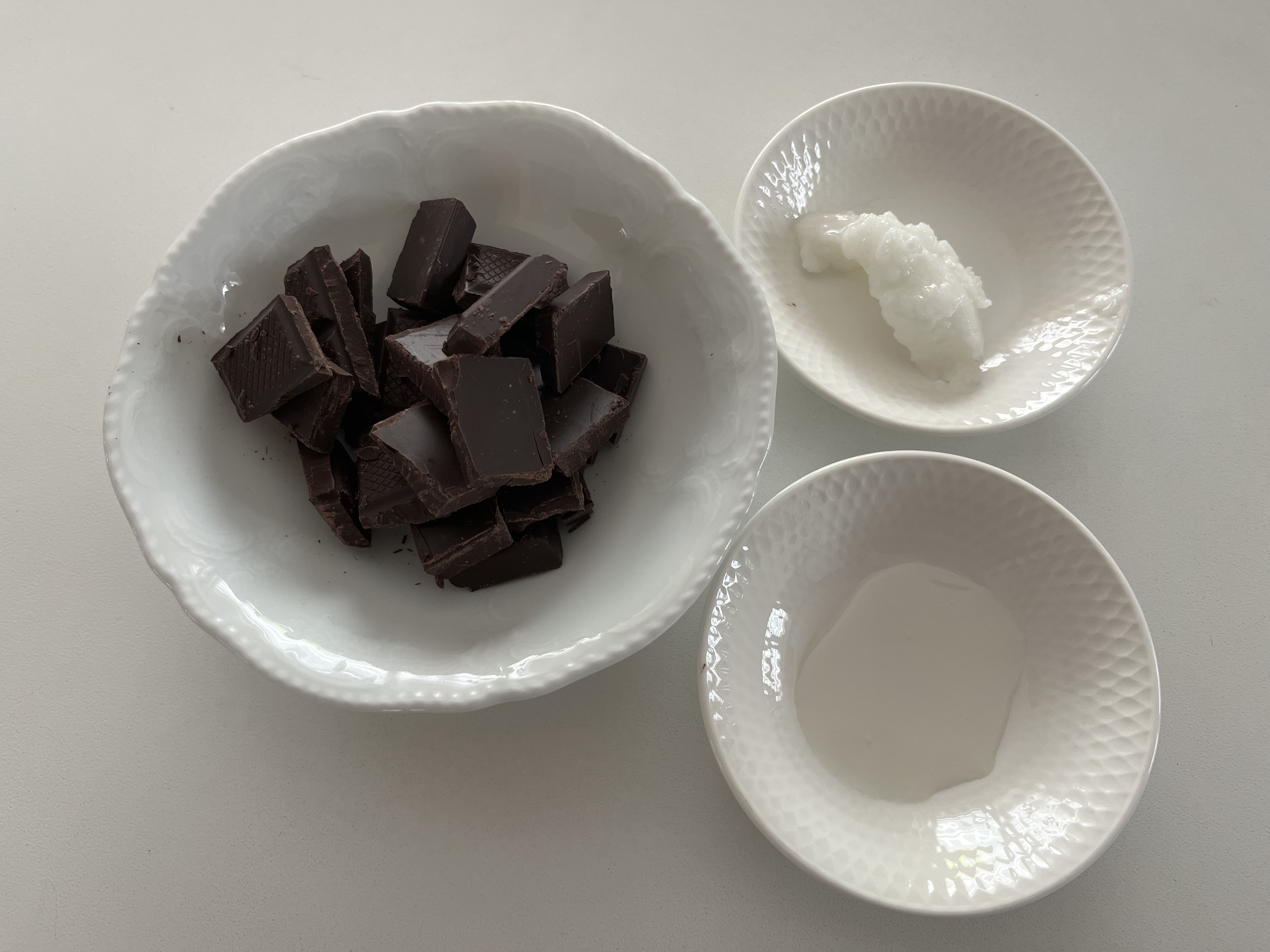 |
Nature’s Dessert Cookbook: Healthy, Delicious & Naturally Sweet Recipes Don’t want or can’t tolerate sugar alcohols and artificial sweeteners? This cookbook is for you! Every dessert is naturally sweetened with whole ingredients rich in fiber and protein, slowing sugar absorption and making them diabetic-friendly. It gathers your favorite recipes from the website—plus brand-new ones—all in one convenient place. Indulge in truly natural treats without compromise! |
 |
Diabetic Baked Goods: Everyday Bakes for Every Meal Diabetic cookbook designed to make healthy baking simple, accessible, and enjoyable. This collection of low-carb, high-fiber, and protein-rich recipes provides a reliable solution for those looking to enjoy diabetic bread and baked goods without blood sugar spikes. Every recipe includes a video tutorial, making it even easier to follow along and bake with confidence! |
 |
What Makes This Cookbook Different?
|
Benefits of Coconut Oil: Exploring Its Uses
The benefits of coconut oil have been highlighted in numerous studies, but there are important considerations when it comes to consuming coconut oil, especially in a diabetic diet. In this article, I will explore both the benefits and potential concerns of coconut oil. Additionally, I’ll share my personal experience using it in my kitchen.
Coconut oil is a versatile and nutrient-rich ingredient that is often underutilized in diabetic-friendly cooking. Packed with healthy fats and naturally free from sugars, it brings a rich texture and light tropical flavor to your dishes. With its minimal impact on blood sugar levels, coconut oil is a valuable choice to consider for creating indulgent, yet health-conscious meals and desserts.
Exploring the Nutritional Value and Versatile Uses of Coconut Oil
For diabetics understanding the nutritional aspects and uses of coconut oil can be particularly valuable. Its unique properties can be a good in maintaining balanced blood sugar levels, especially when used in preparing meals and diabetic-friendly desserts.1
Understanding the nutrition facts of coconut oil is essential. Coconut oil is rich in medium-chain triglycerides (MCTs), which are fats that the body can easily convert into energy. Each tablespoon of coconut oil contains about 120 calories, 14 grams of fat (of which 12 grams are saturated fats), along with small amounts of vitamin E and vitamin K.
Varied benefits highlight why coconut oil is a popular choice in health and wellness circles. Its antimicrobial properties, due to lauric acid, support a healthy immune system, while its antioxidant properties help combat free radicals in the body. 2
However, it’s important to note that studies show long-term consumption of coconut oil may not be particularly beneficial for glycemic control. I’ll discuss this considerations further toward the end of the article.3
The Benefits of Coconut Oil in Your Kitchen
When it comes to cooking, coconut oil’s high smoke point of about 350 degrees Fahrenheit makes it suitable for various culinary techniques, including frying, baking, and sautéing. Refined coconut oil, which has been processed to remove impurities, has an even higher smoke point and a more neutral flavor, making it great for dishes where you don’t want a strong coconut taste.
Coconut oil is excellent for stir-frying. Its high smoke point ensures that your vegetables and proteins are cooked perfectly without burning. The subtle coconut flavor can complement Asian-inspired dishes beautifully.
When used in the kitchen, coconut oil can replace many traditional fats but I mostly use it for frying and roasting, lending a subtle sweetness to your dishes.
In our experience, coconut oil is the best option for frying in terms of blood glucose management, making it a practical and tasteful choice for occasional use.
To be clear, fried food is not something we have regularly, and it’s certainly not a staple at our table. However, I believe there’s no need to completely avoid it either.

For those who enjoy baking, coconut oil can replace butter or other oils in recipes. It works well in muffins, cakes, and cookies, providing moisture and a tender crumb. This swap can turn traditional baked goods into more diabetic-friendly options but moderation in use is a key.
It’s an excellent alternative to butter in baking, providing similar textures without negatively impacting blood sugar. I think clever approach is combining coconut oil with other low-glycemic ingredients, such as cocoa butter, results in delicious and health-conscious treats that won’t cause blood sugar spikes.
I am careful about the amount of coconut oil I use, so I use it mostly sparingly in various chocolate toppings, as it gives them a smooth, rich texture.
Important Precautions When Using Coconut Oil
It’s important to be mindful of the type of coconut oil you use. While virgin coconut oil retains its natural flavor and nutrients, refined coconut oil may undergo processing that affects its quality. Always opt for high-quality, cold-pressed coconut oil to ensure you’re getting the maximum health benefits.
There are a few cautions to keep in mind when incorporating coconut oil into your diet. It's advisable to use coconut oil in moderation. According to the most recent U.S. Dietary Guidelines for Americans, saturated fat intake should be limited to less than 10% of your total daily calories.4 Overconsumption of any fat, especially those that have more calories like coconut oil, can lead to caloric surplus and weight gain, which can complicate blood sugar control in diabetics.
In conclusion, the benefits of coconut oil are extensive, especially for those managing diabetes. Coconut oil is a valuable addition to any diabetic-friendly kitchen. Its unique nutritional profile and versatility in cooking make it an excellent tool for creating healthy, enjoyable meals and desserts.
By understanding how to use coconut oil effectively, you can enhance your culinary repertoire and support better health outcomes for yourself and your loved ones.






